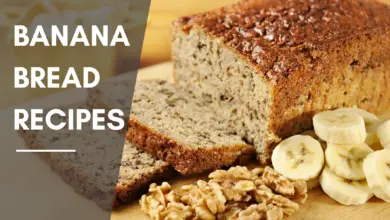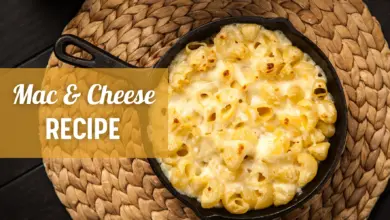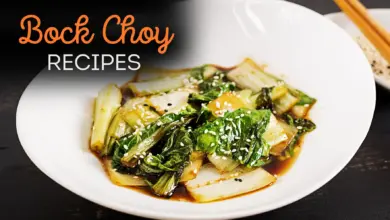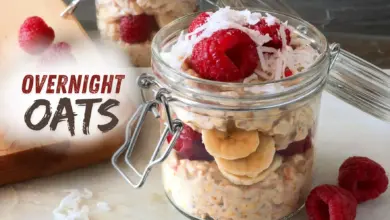The Fiery and Spicy Indian Masala – 6 Popular and Easy Way to Make Masalas
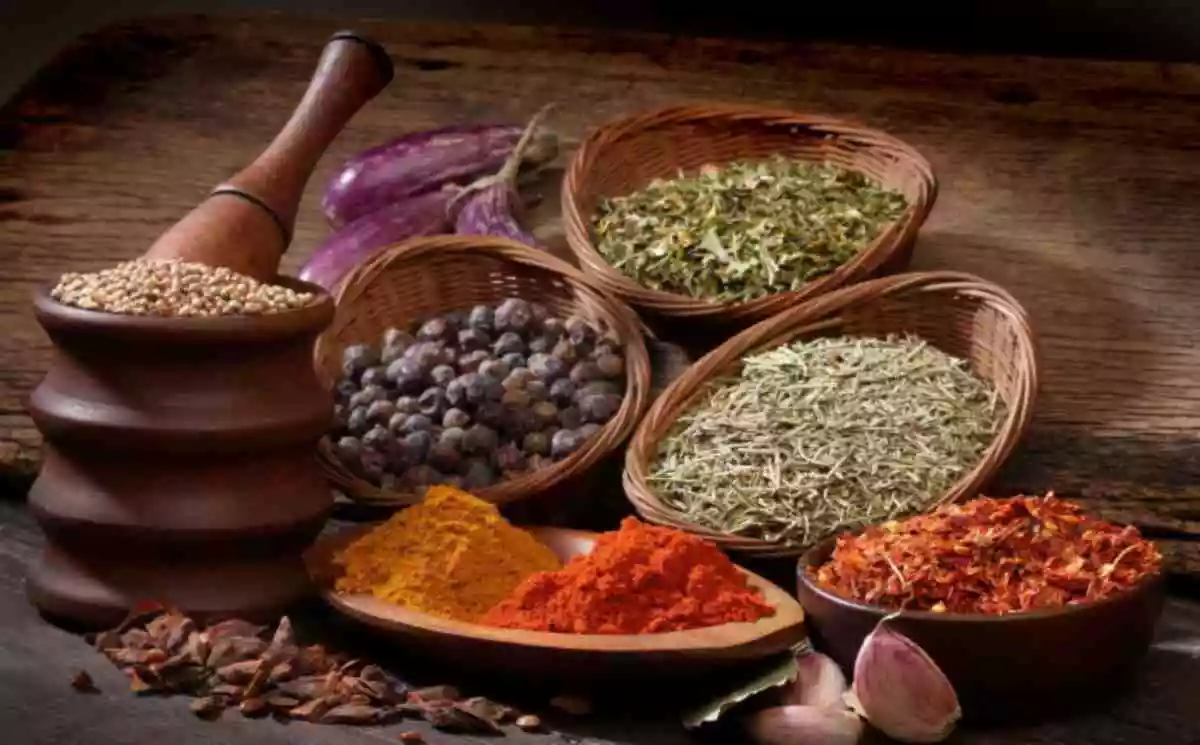
Indian Masala
Table of Contents
Introduction
Discover the ultimate guide to creating authentic Indian Masalas! In this article, we unveil 6 popular and effortless methods to prepare fiery and spicy masalas that will tantalize your taste buds. Explore the rich flavors and aromatic ingredients that define traditional Indian cuisine. From aromatic garam masala to zesty curry powder, we’ve got you covered. Dive into the world of Indian Masala and elevate your culinary skills with these easy-to-follow recipes. Get ready to embark on a flavorful journey that celebrates the essence of Indian cooking.
Indian food is flavorful not only because of the basic onion-tomato base used in cooking, but also because of the spices or Indian masala that give the dishes a kick. Indians have a traditional dabba, which contains a variety of spices, both whole and powdered, all arranged in one convenient location, making it easier to find the spices every time they cook.
Different forms of Indian masala powders are often used in Indian cuisine. Masala literally means “blend of spices” and is the ground powder of a whole spice mixture. These powders are thought to raise body temperature, according to Ayurvedic medicine. Each form of masala powder contains main ingredients that give the dish it’s used in a distinct flavour. The ingredients are lightly toasted in a pan with or without oil or ghee, cooled, and then ground to a fine powder in a blender or mixer to make masala powder.
In India, cooking from scratch is a centuries-old culinary tradition. Women will devote a significant amount of time to the preparation of each Indian delicacy, and this is still the case in many households throughout the world. Many Indian masalas used in curries and stir-fries are traditionally made with hands, but some people now use ready-made condiments that are always available in the local markets. Homemade masalas, on the other hand, are unrivalled, especially in terms of the flavours they impart when freshly blended. These masalas can fully transform the appearance and flavour of food. Given our time constraints and hectic lifestyles, it is relatively simple to incorporate ready-made masalas into our meals.
We’ve put together a list of the best 6 basic Indian masalas that are used on a regular basis.
Garam Masala
‘Magic masala’ is a term used to describe the Indian garam masala. Black cardamom seeds, cinnamon, cloves, peppercorns, and bey leaves are required ingredients. To make this masala, first sun dry or roast all of the ingredients to eliminate moisture. These roasted ingredients are then grounded yielding an aromatic masala that can be used in a variety of Indian dishes. The amount of each ingredient depends on the quantity of masala you want to make.
Coriander Masala
This is a simple masala where the key ingredients are coriander, cumin seeds, cinnamon, and cloves, which are used as a base ingredient in many masala powders. It’s great for everyday cooking. And suitable for those who prefer a milder spice mix.
Sambar Masala
Sambar is a popular South Indian dish. It’s a fiery vegetable stew, and sambar isn’t complete without sambar powder. Coriander seeds, fenugreek seeds, curry leaves, and asafoetida (hing) are among the main ingredients, which also include Bengal gram, black gram, toor dal (pigeon pea), cumin, curry leaves, dried red chillies, fenugreek seeds, black pepper, and turmeric.
Panch Phoron
“Panch phoron” in Bengali translates to five spice blend (in Hindi, panch means five and phoron means spices). It’s one of the most unusual masala concoctions. Panch Phoron is historically used for tempering onions, chicken, mutton, fish, lentils, and pickles in mustard oil and ghee. Nigella seeds, mustard seeds, fenugreek seeds, fennel seeds, cumin seeds, and black pepper seeds are the main ingredients.
Goda Masala
Goda masala is one of Maharashtrian cuisine’s two most famous masalas. Goad is a Marathi word that means “sweet,” and this masala has a distinct, softly sweet flavour that comes from the inclusion of stone flowers. Coriander, cumin, garlic, black pepper, cinnamon, mustard seeds, stone flower, dry coconut, dried red chilli, asafoetida, sesame seeds, fenugreek seeds, and cassia buds are some of the other ingredients. All of the ingredients are roasted in one or two teaspoons of oil before being grounded in a mixer, with the exception of sesame and coconut.
Kolhapuri Masala
Kolhapuri Masala Powder is a red, spicy chutney powder used in the state of Maharashtra. It is a versatile masala as it is used to give an authentic touch to any dish of the Maharashtrian cuisine.It’s earthy and aromatic, but it’s not for a faint heart, as many Kolhapuri dishes are known for being intensely spicy. There are equivalent to 32 ingredients on the list. Coriander (Dhania) seeds, cumin seeds (Jeera), dessicated coconut, sesame seeds, peppercorns, cloves, fennel seeds, fenugreek, and cinnamon are only a few of them. It can be used in curries and sabjis alike due to the heat of this mixture of spices.
Conclusion
Unlock the true essence of Indian cuisine with our comprehensive guide to creating sensational Indian Masalas. By following our six popular and simple methods, you can effortlessly whip up fiery and spicy masalas that will leave a lasting impression on your taste buds. Elevate your culinary skills and explore the vibrant flavors and aromatic ingredients that define authentic Indian dishes. Whether it’s garam masala or curry powder, these easy-to-follow recipes will help you master the art of Indian Masala preparation. Embrace the flavors of India and add a touch of magic to your meals with these exquisite masalas. Start your flavorful journey now and experience the irresistible allure of Indian Masala.
Related Articles
Indian Food – A Comprehensive guide
Indian Cuisine – An Aromatic Speciality
Indian Restaurants – Where and What To Eat
A Best Guide to Typical Indian Meals With 7 Basic Dishes
6 Popular Odisha Famous Food You Must Try
The Creamy and Delicious Punjabi Food – 5 Best Dishes
The Best Guide To Hindu Food With 3 Basic Ayurvedic Rules




